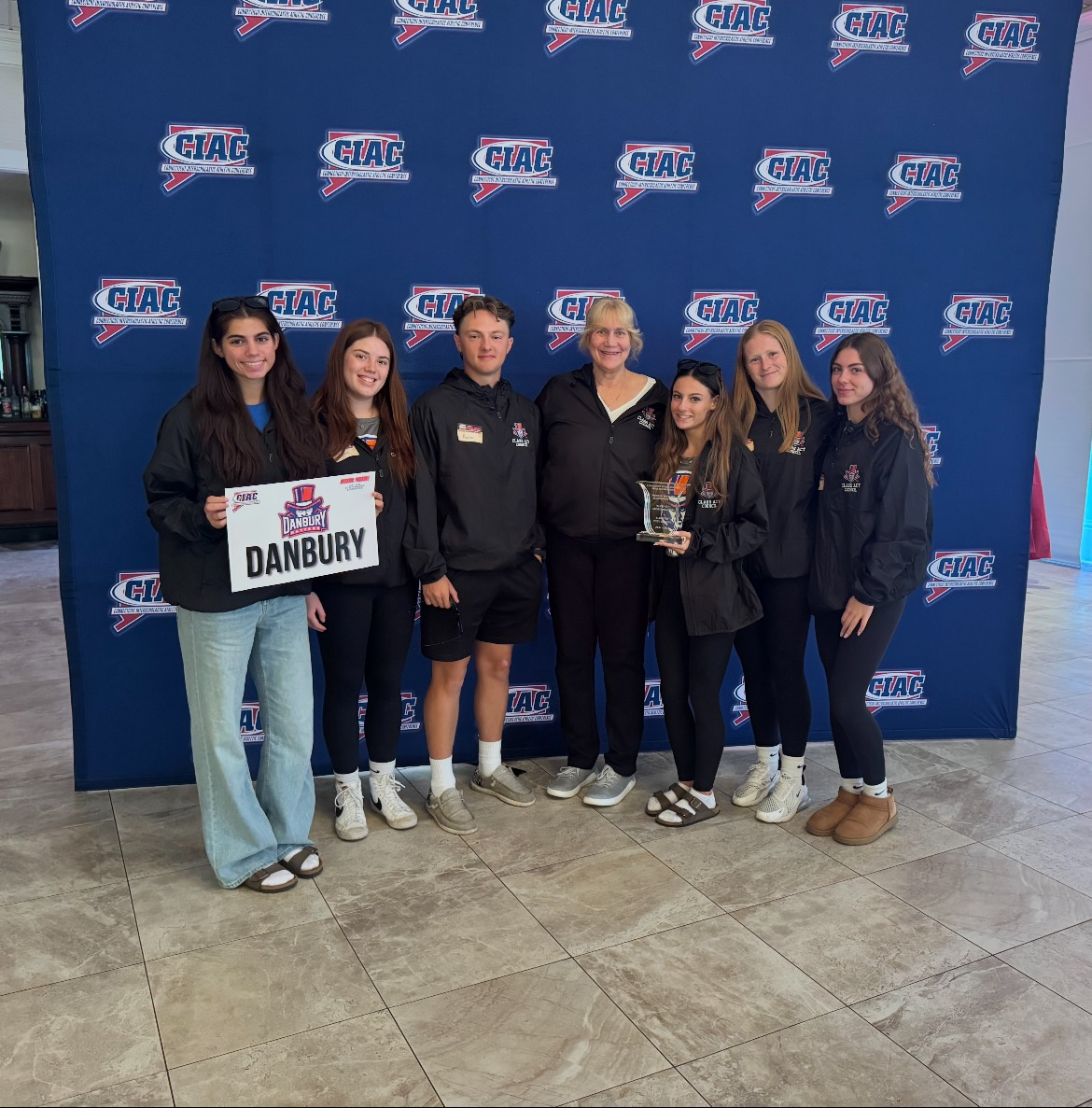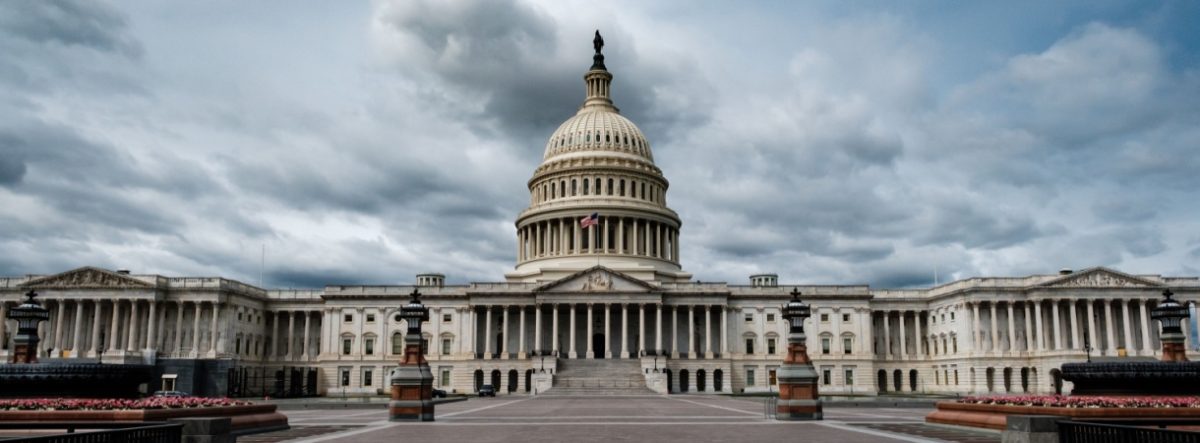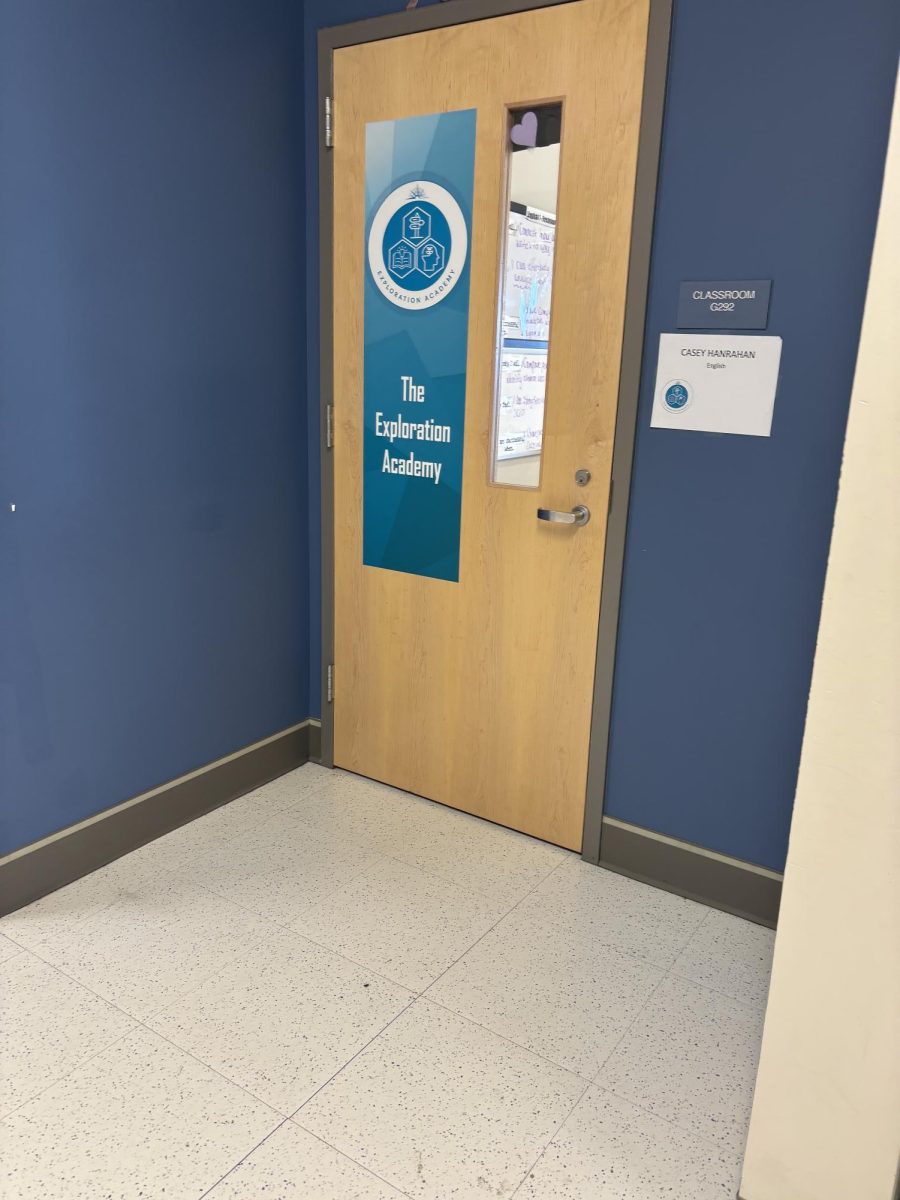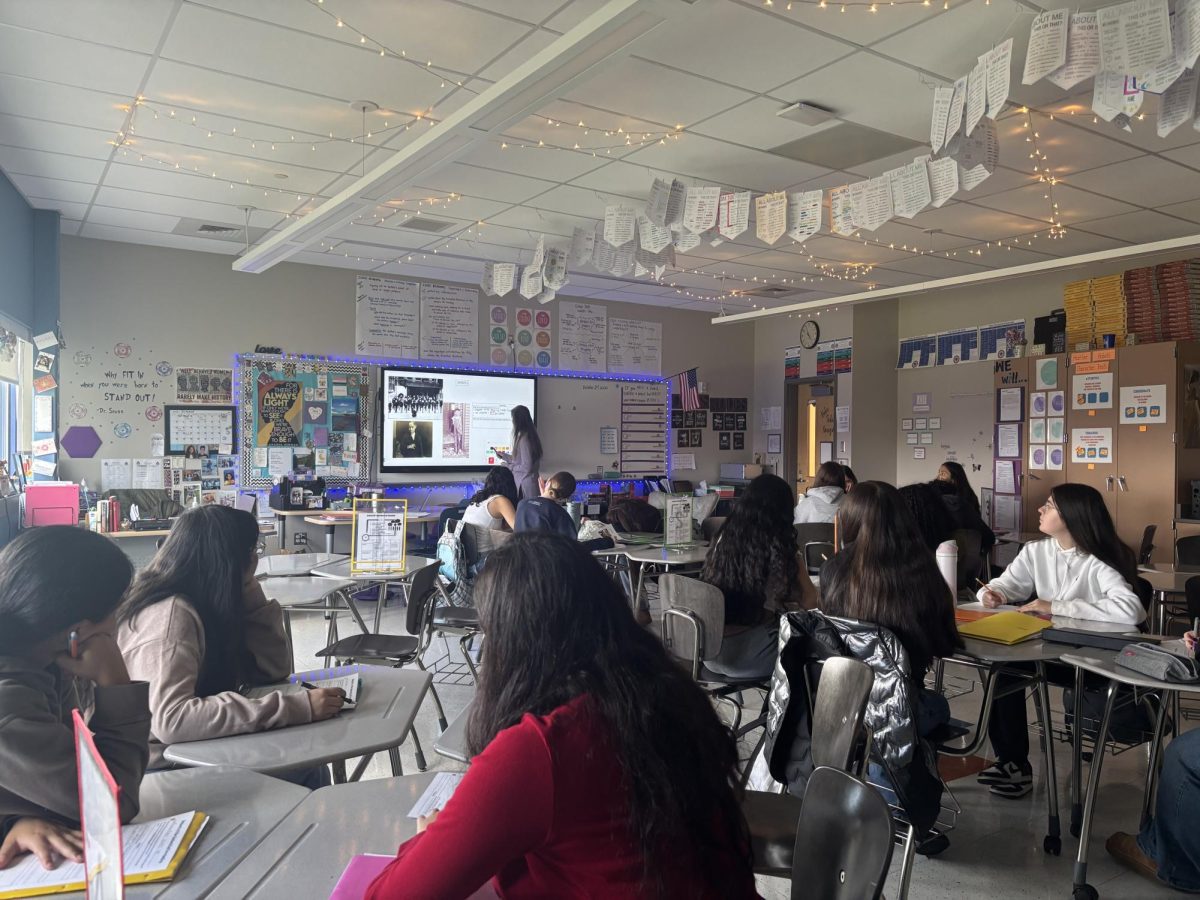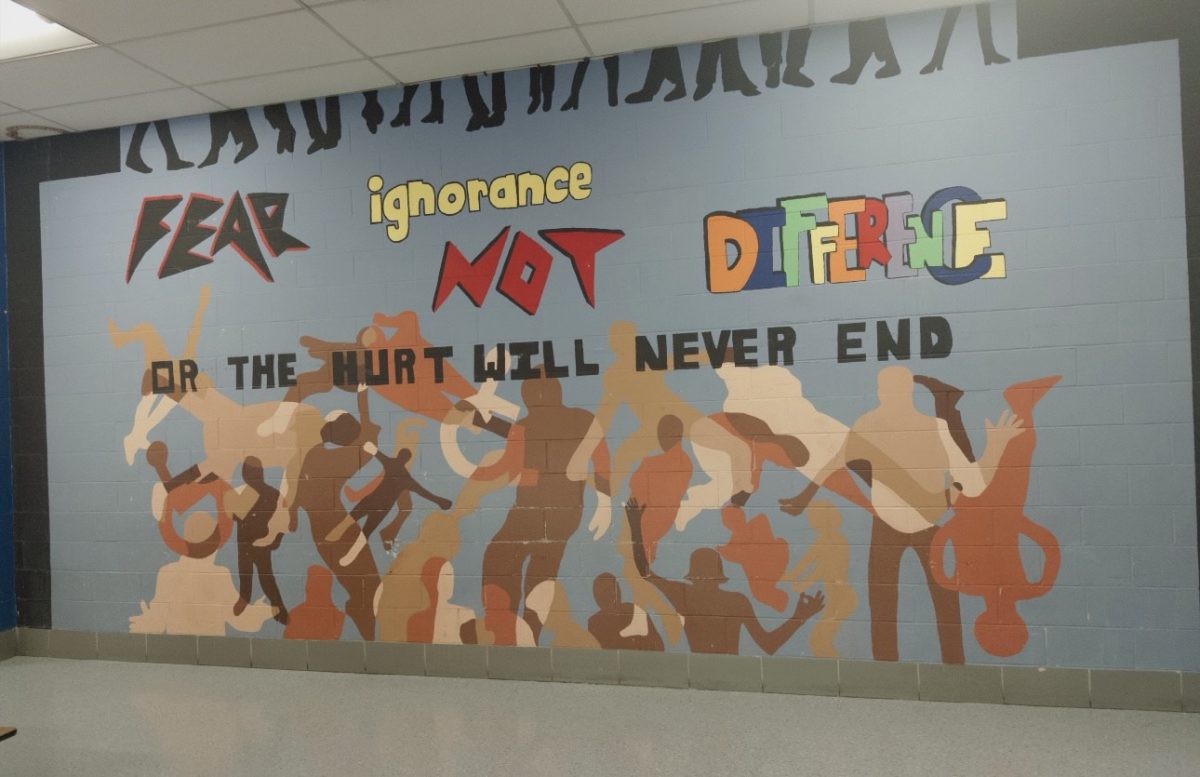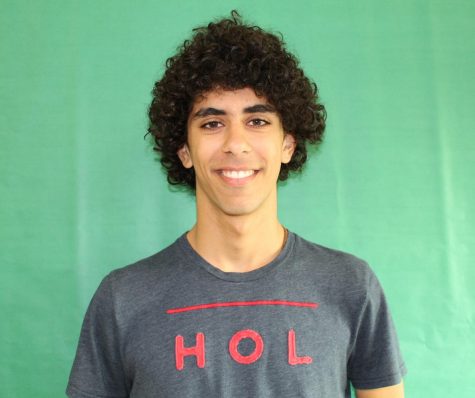Muslims at DHS cautious about Trump

The crescent and star, shown above, is the symbol of Islam.
December 15, 2016
Muslims, who make up 2 percent of the United States’ population, have felt the effects of Islamophobia for decades.
This feeling was worsened on Nov. 8, when Republican Donald Trump was elected to the presidency of the United States. He has proposed that Muslim-Americans register with authorities, and he wants “extreme vetting” of Muslim immigrants.
Danbury High School, one of largest in Connecticut with a student body of 3,000, specializes in diversity of both students and teachers whether it is related to language, nationality, race, or religion.
The Hatters’ Herald asked several students of the Muslim faith to gather and talk about their thoughts and concerns. The group included:
Juniors Mohammed Habib and Yacodou Johnson, sophomores Humayra Meem, Imran Faruque and Rameezah Ahmed and freshman Waleed Mohamed.
“Disappointed that as a nation, we came to that result,” is what Ahmed said when asked about Trump’s victory with Johnson adding that she was “shocked” and Faruque, “provoked.”
Habib said, “There was controversy regarding Trump’s ideas during this election, and local muslims were fearful, but people have the right to exercise and practice religion freely in the United States.”
Trump regularly railed against radical Islam, particularly the terrorist group called ISIS in Iraq and Syria, and its terrorist attacks on the West. In doing so, he often would make broad claims and attack Muslim-Americans for not doing enough to thwart acts of terrorism, and that a registry was in order to track Muslim-Americans.
When asked if they are fearful of what is to happen after January of 2017, when Trump is inaugurated, they all answered yes. Ahmed added, “He will most probably be saying what he said to gain votes” but Johnson is mostly “shocked by the amount of Trump supporters.”
Meem is angered by the immigrating Syrians having entry to the US blocked, saying that “it’s upsetting seeing our next president being open about topics like these.”
Rameezah shared that he gets “weird looks from adults when I go to public places like the supermarket.” While waiting at a bus stop, someone yelled, “Go back home.”
Waleed said he faced a similar scenario: “I was told to go back to where I belong multiple times when playing basketball.”
Habib, however, said that “after the election, personally, I don’t see any difference in the way I am viewed or treated in the society.”
All six, who were born in the United States and therefore citizens, dismiss the taunts, asking “where should we go back to?”
If victim to any form of discrimination, Johnson and Ahmed both said that, “We should all say something and educate them instead of offending them.” Meem added, “If we offend them back, there will be no place for a solution.”
All six said they were proud of their religion, proud to be Muslims and that no one should be ashamed of their faith.
Habib said, “I proudly believe in my religion and it’s pretty important to me, but I still keep up with the society.”
They said because DHS is so diverse, they have friends from all around the world, and have found the student body as a whole to be supportive.
“We may not agree on all of the things,” Habid said, “but one thing that we have in common is that we all believe in equal rights and freedom.”
As a message from them to the DHS community and the world, Ahmed said that “Don’t judge a book by its cover and put yourselves in our shoes.”
Johnson added that as a “black, Muslim woman, you can’t define racism to us, and especially me.”
Meem stressed that “we are all the same, and beliefs should not be separating us in any way.”


